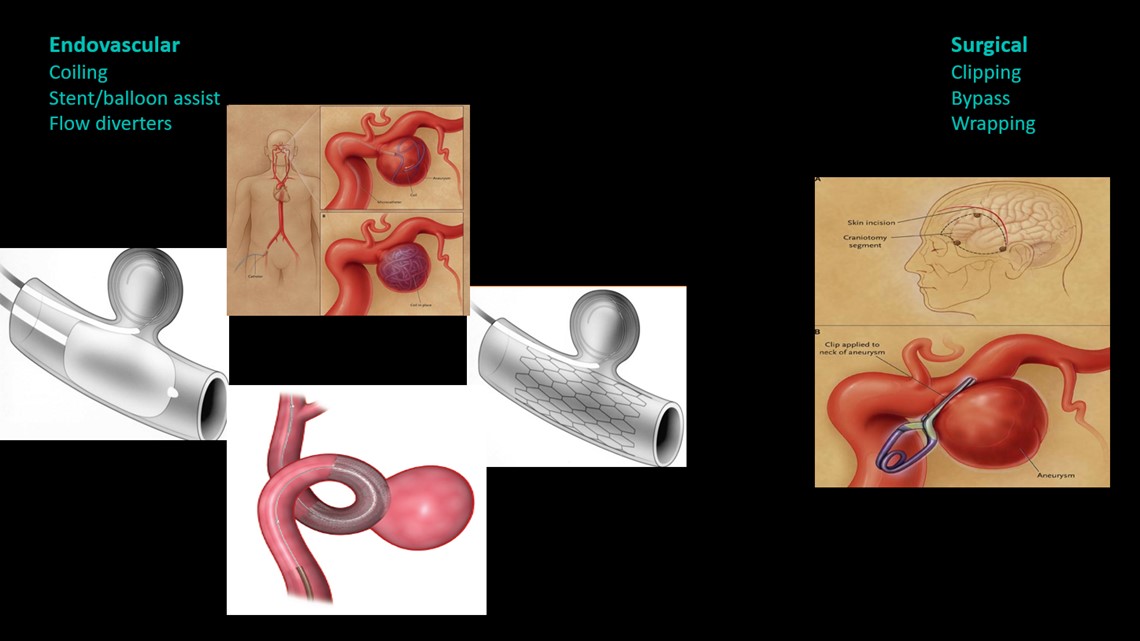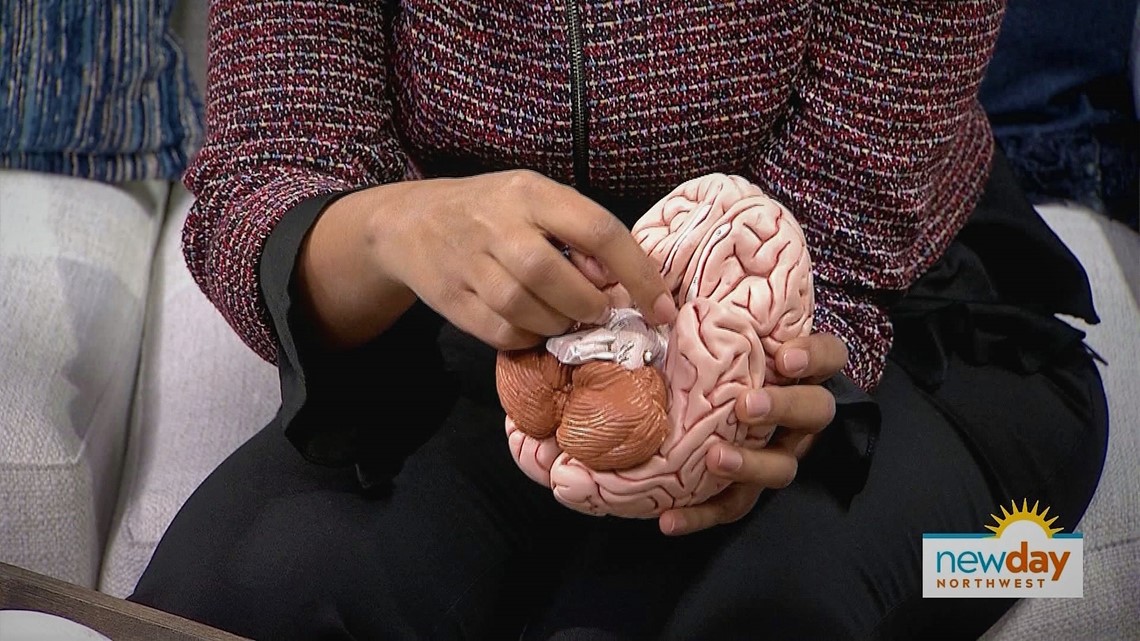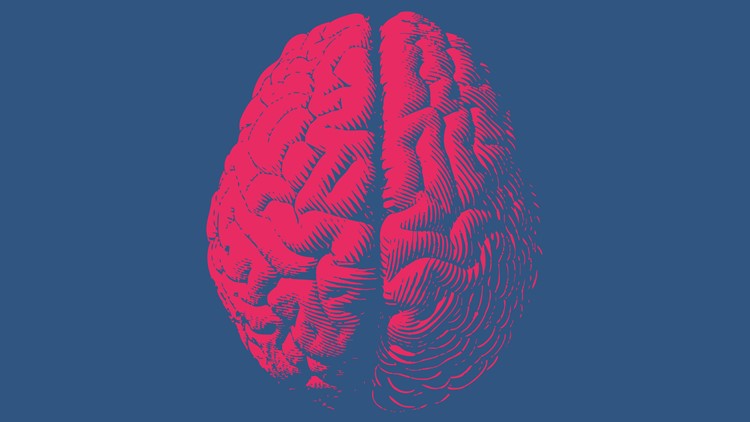SEATTLE — Brain aneurysms occur suddenly and anyone is susceptible to them. The Brain Aneurysm Foundation estimates about one in 50 people in the U.S. will suffer from one at some point in their life.
EvergreenHealth's Dr. Emun Abdu describes a brain aneurysm as feeling like the worst headache of your life, but it is much more than just that. They are caused by small bubbles that form on the sidewall of an artery or blood vessel usually due to stress.
Many people confuse brain aneurysms with strokes, but they are actually completely different.
"A stroke is basically dead brain cells and the equivalent of a heart attack," said Dr. Abdu. "The brain doesn't hurt."
Doctors will usually order a CAT scan and MRI to get a better look at the patient's blood vessels. If an aneurysm has developed, there may be a risk of rupture called arachnoid hemorrhage, which can cause bleeding in and around the brain. If at risk, a patient will be referred to a neurosurgeon to discuss treatment options.
"That really depends on the size, the location, and your age," explained Dr. Abdu.


There are two main ways to treat brain aneurysms: clipping and coiling. Clipping is traditional open surgery. The surgeon will place small metallic clips along the blood vessel that feeds the aneurysm, which stops blood from flowing to it.
With coiling, patients do not have to undergo brain surgery. This endovascular procedure uses a catheter to guide a metal wire into the aneurysm. The wire coils up inside the aneurysm, stopping blood flow and sealing it off from the artery.
Dr. Abdu is one of a very few board-certified neurosurgeons who has the capability to provide patients with this minimally invasive endovascular treatment.


Unfortunately, there are few symptoms that indicate someone is at risk of a brain aneurysm.
Those who suffer from connective tissue diseases that make the arteries weak are more susceptible, but these conditions are rare -- only occurring in three to five percent of Americans. If you have a strong family history of hemorrhages, you should let your doctor know, so it can be monitored.
Dr. Abdu recommends getting a non-invasive CAT scan called an angiogram every decade no matter your lifestyle because it can happen to anyone.
This segment is brought to you by Evergreen Health. Watch KING 5's New Day Northwest 11:00 weekdays and streaming live on KING5.com. Connect with New Day via Facebook, Twitter, Instagram.



